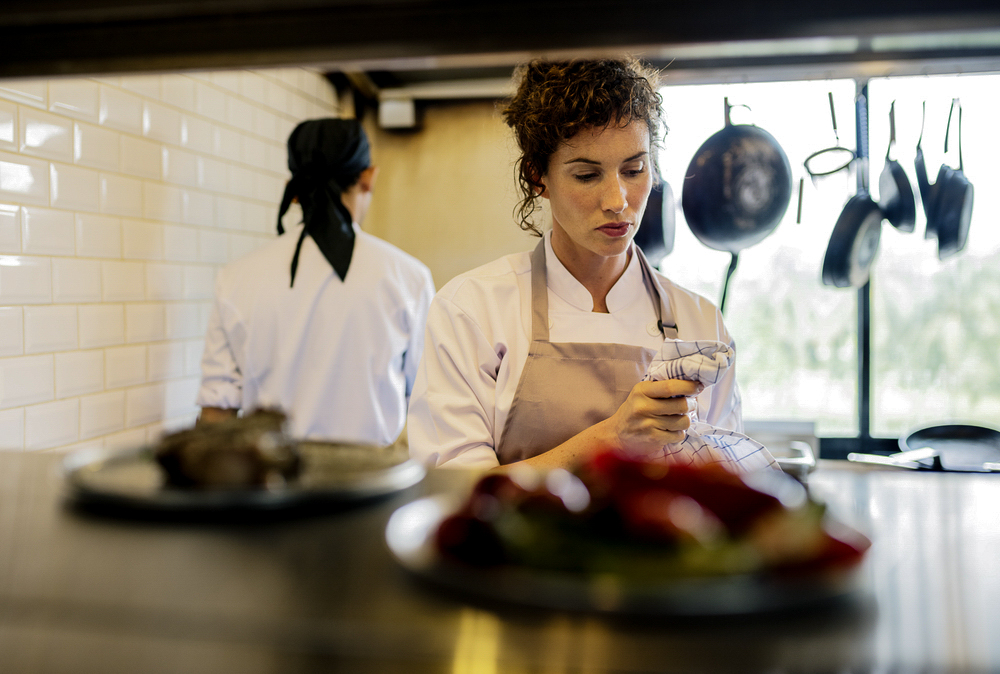
Being a barista requires a healthy dose of skill, supported by specialised knowledge. And reaching a level where you can work a full shift completely unsupervised takes time. Taking an accredited barista training course will help, but it won’t shorten the amount of time it takes to train as a barista. A natural talent for latte art and pulling perfectly brewed espresso shots can accelerate your training, but being a barista also depends on much more than this.
Your First Week Training as a Barista
Don’t expect to learn too much about how to pull espresso and make other coffee beverages in your first week. Your first week is likely to be focused on orientation; learning the layout, rules, and processes of the workplace. This should include how to clean the workspace and maintain a hygienic environment, along with learning the menu.
Your First Three Months as a Barista Trainee
Even fast learners–and those who have previously taken one or more barista training courses–should expect the first one to three months to focus on learning the basics. This includes everything related to the equipment, grinder settings, milk steaming and texturing, along with recipes and techniques. However, you should also expect training and coaching on your customer skills, from engaging with customers, through to keeping track of orders and how you respond to customer questions about the coffee.
A barista or coffee master class course will cover most of the skills and processes that you will be exposed to during your first three months of on-the-job training. Our courses are designed to fast track as much as possible to the three-month mark in one to two days. Its intense. Its full on. It’s fun and it’s focussed on getting you job ready. But this is now an opportunity for you to practice continually, and to improve on any basic skill you already have. If the business you work for employs more than two professional baristas, you might be permanently assigned to one of them as their apprentice. And this is the perfect way to be properly mentored on the finer details of being a skilled barista and coffee theory. Use any downtime you have to continue practising and improving your latte art and any complex recipes on the menu.
The Next Nine Months
With the right commitment on your part, after three months as an apprentice you could move on to being a junior barista. You should be quite skilled at making all the coffee beverages on the menu and managing your workspace, keeping it clean and organised all the time. But you will still need more time to refine your skills and keep improving your knowledge of everything related to coffee.
It is normal to still struggle a little with managing large orders or peak periods, and to make a few minor mistakes. Most coffee shops will still ensure that a junior barista is always paired with a senior barista throughout their first year, or at least until they are considered fully competent.
What comes next is entirely up to you. You can continue to work, train, and practice towards being a senior or head barista. Or you can seek out specialised training that allows you to master roasting or shift towards other roles in the coffee and hospitality industry.




